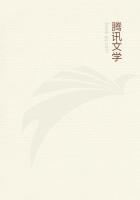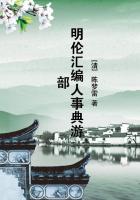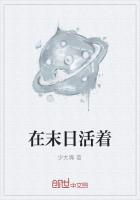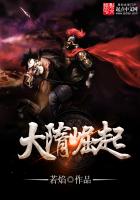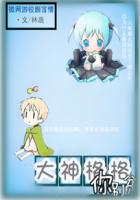Vesalius was well off in worldly things; somewhat fond, it is said, of good living and of luxury; inclined, it may be, to say, "Let us eat and drink, for to-morrow we die," and to sink more and more into the mere worldling, unless some shock should awake him from his lethargy.
And the awakening shock did come. After eight years of court life, he resolved, early in the year 1564, to go on a pilgrimage to Jerusalem.
The reasons for so strange a determination are wrapped in mystery and contradiction. The common story was that he had opened a corpse to ascertain the cause of death, and that, to the horror of the bystanders, the heart was still seen to beat; that his enemies accused him to the Inquisition, and that he was condemned to death, a sentence which was commuted to that of going on pilgrimage. But here, at the very outset, accounts differ. One says that the victim was a nobleman, name not given; another that it was a lady's maid, name not given. It is most improbable, if not impossible, that Vesalius, of all men, should have mistaken a living body for a dead one; while it is most probable, on the other hand, that his medical enemies would gladly raise such a calumny against him, when he was no longer in Spain to contradict it. Meanwhile Llorente, the historian of the Inquisition, makes no mention of Vesalius having been brought before its tribunal, while he does mention Vesalius's residence at Madrid. Another story is, that he went abroad to escape the bad temper of his wife; another that he wanted to enrich himself. Another story--and that not an unlikely one--is, that he was jealous of the rising reputation of his pupil Fallopius, then professor of anatomy at Venice. This distinguished surgeon, as Isaid before, had written a book, in which he added to Vesalius's discoveries, and corrected certain of his errors. Vesalius had answered him hastily and angrily, quoting his anatomy from memory;for, as he himself complained, he could not in Spain obtain a subject for dissection; not even, he said, a single skull. He had sent his book to Venice to be published, and had heard, seemingly, nothing of it. He may have felt that he was falling behind in the race of science, and that it was impossible for him to carry on his studies in Madrid; and so, angry with his own laziness and luxury, he may have felt the old sacred fire flash up in him, and have determined to go to Italy and become a student and a worker once more.
The very day that he set out, Clusius of Arras, then probably the best botanist in the world, arrived at Madrid; and, asking the reason of Vesalius's departure, was told by their fellow-countryman, Charles de Tisnacq, procurator for the affairs of the Netherlands, that Vesalius had gone of his own free will, and with all facilities which Philip could grant him, in performance of a vow which he had made during a dangerous illness. Here, at least, we have a drop of information, which seems taken from the stream sufficiently near to the fountain-head: but it must be recollected that De Tisnacq lived in dangerous times, and may have found it necessary to walk warily in them; that through him had been sent, only the year before, that famous letter from William of Orange, Horn, and Egmont, the fate whereof may be read in Mr. Motley's fourth chapter; that the crisis of the Netherlands which sprung out of that letter was coming fast; and that, as De Tisnacq was on friendly terms with Egmont, he may have felt his head at times somewhat loose on his shoulders; especially if he had heard Alva say, as he wrote, "that every time he saw the despatches of those three senors, they moved his choler so, that if he did not take much care to temper it, he would seem a frenzied man." In such times, De Tisnacq may have thought good to return a diplomatic answer to a fellow-countryman concerning a third fellow-countryman, especially when that countryman, as a former pupil of Melancthon at Wittemberg, might himself be under suspicion of heresy, and therefore of possible treason.
Be this as it may, one cannot but suspect some strain of truth in the story about the Inquisition; for, whether or not Vesalius operated on Don Carlos, he had seen with his own eyes that miraculous Virgin of Atocha at the bed's foot of the prince. He had heard his recovery attributed, not to the operation, but to the intercession of Fray, now Saint Diego; and he must have had his thoughts thereon, and may, in an unguarded moment, have spoken them.



